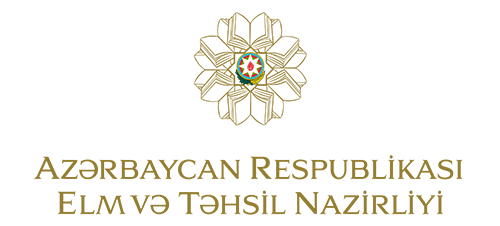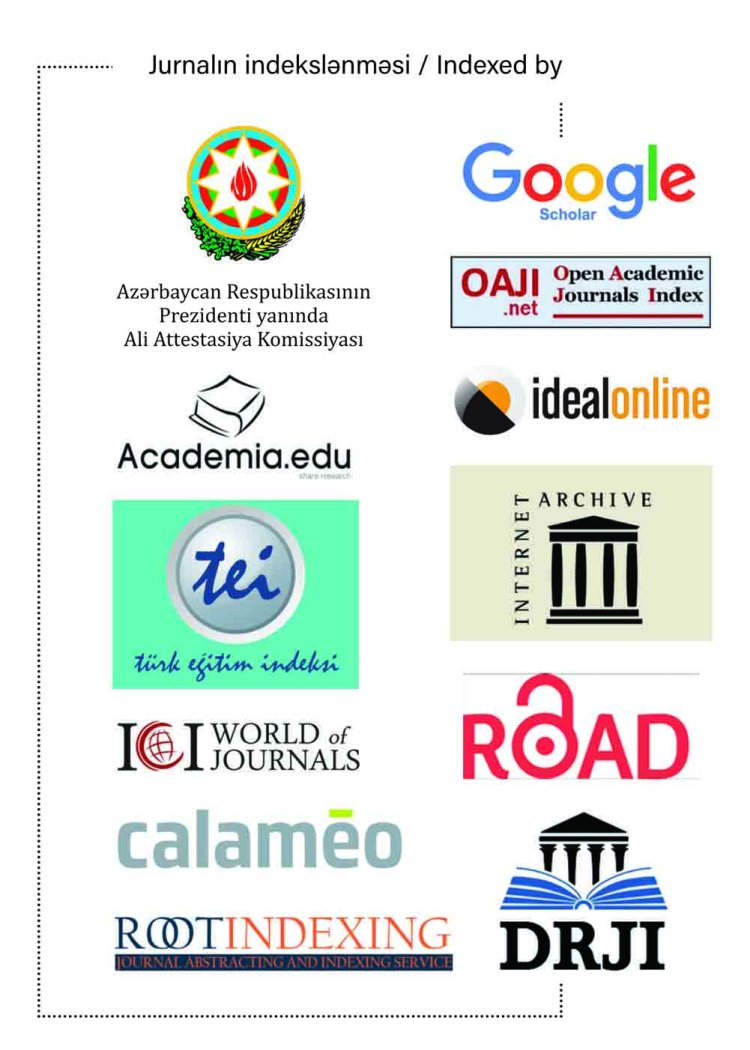A STUDY OF INTERNATIONAL PRACTICE ON 21ST CENTURY SKILLS
The 21st century has brought about significant changes in the information paradigm. What is expected of individuals in this period is not to memorize information, but to quickly access information in every field, share it and use it effectively. To do this, the individual has certain skills that need to be taken care of and developed. The purpose of this study is to approach the 21st century skills theoretically. Research is a qualitative study that uses data collection methods such as document analysis. This study explores 21st century skills that are framed by various institutions and organizations and that individuals need to acquire. These are: Organization for Economic Cooperation and Development (OECD) skills framework, Assessment and Teaching of 21st Century Skills framework (ATSC21), The Partnership for 21st Century Skills Development framework (P21), International Society for Technology in Education skills framework (ISTE), North Central Regional Education Laboratory skills framework (NCREL). According to various reports, documents, and research examined in this context, 21st century skills have been seen to be strongly discussed in terms of basic skills and literacy skills. Critical thinking, problem solving, innovation and new ideas, collaboration and communication, leadership and intercultural global awareness were highlighted as key skills. It is recommended to increase informedness for the teachers to be able to get these skills in education system and to improve the speciality and training programs of the teachers.




